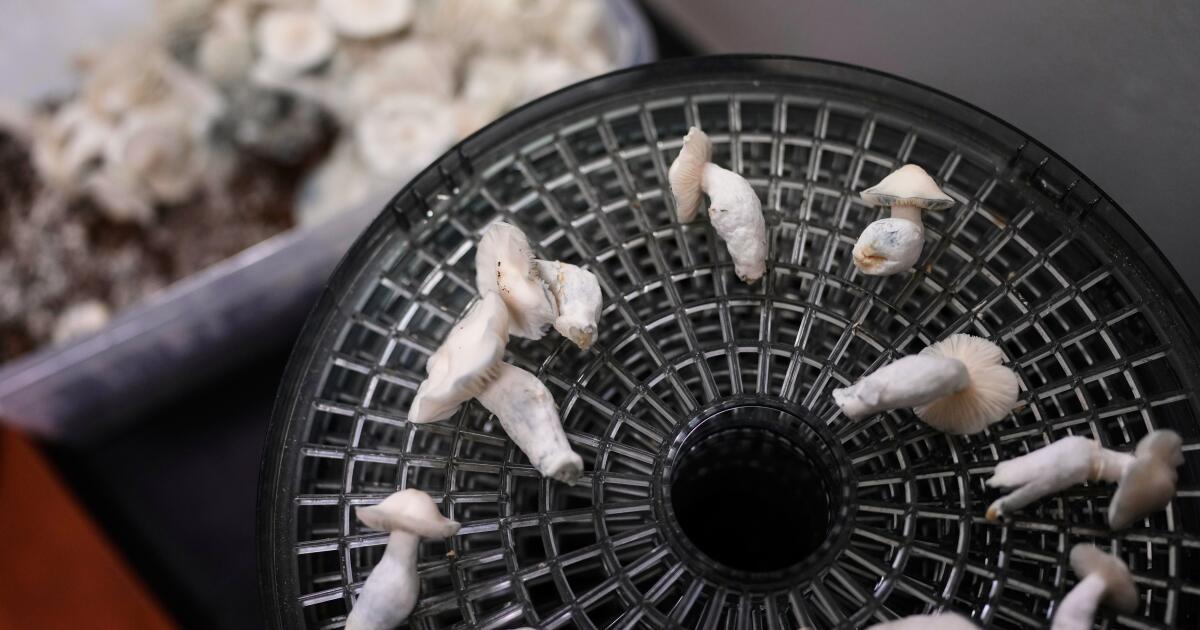
"The Trump administration is set to weigh in on whether the hallucinogenic compound psilocybin should be moved into a less restrictive class of drugs under federal regulations. Regulation of psilocybin - the "magic" substance in psychedelic mushrooms - has been a hot-button issue for Californians in recent years, but repeated attempts by state lawmakers to allow medical use of the substance have floundered. Now it seems change may come at the federal level. The U.S. Department of Health and Human Services is weighing a petition sent earlier this month by the Drug Enforcement Administration to review the scientific evidence and consider easing restrictions."
"Psilocybin is currently classified as a Schedule I narcotic, the most restrictive category under federal law, reserved for drugs "with a high potential for abuse" and "no currently accepted medical use." The DEA is considering moving psilocybin into the less restrictive Schedule II tier, which includes drugs that are considered addictive or dangerous - including fentanyl and cocaine - but also have medical value."
"Despite strict prohibition under both state and federal law, psilocybin is widely available and growing in popularity for both recreational and therapeutic purposes. Illegal cannabis dispensaries across Southern California openly sell actual psilocybin mushrooms, as well as dodgy chocolates and gummies that often purport to contain the substance but instead contain only synthetic versions. In recent decades, a growing body of research has found that psilocybin can be beneficial in treating mental health conditions including depression, anxiety an"
The Department of Health and Human Services is evaluating a DEA petition to reassess psilocybin's federal classification and potential medical use. Psilocybin remains a Schedule I substance defined by high abuse potential and no accepted medical use. The DEA is contemplating reclassifying psilocybin to Schedule II, which acknowledges medical value despite risks. California legislative attempts to legalize medical psilocybin repeatedly failed. Widespread informal markets supply real mushrooms and unverified edible products. An expanding research base indicates psilocybin may help treat depression, anxiety, and other mental health conditions, increasing pressure for regulatory change.
Read at Los Angeles Times
Unable to calculate read time
Collection
[
|
...
]